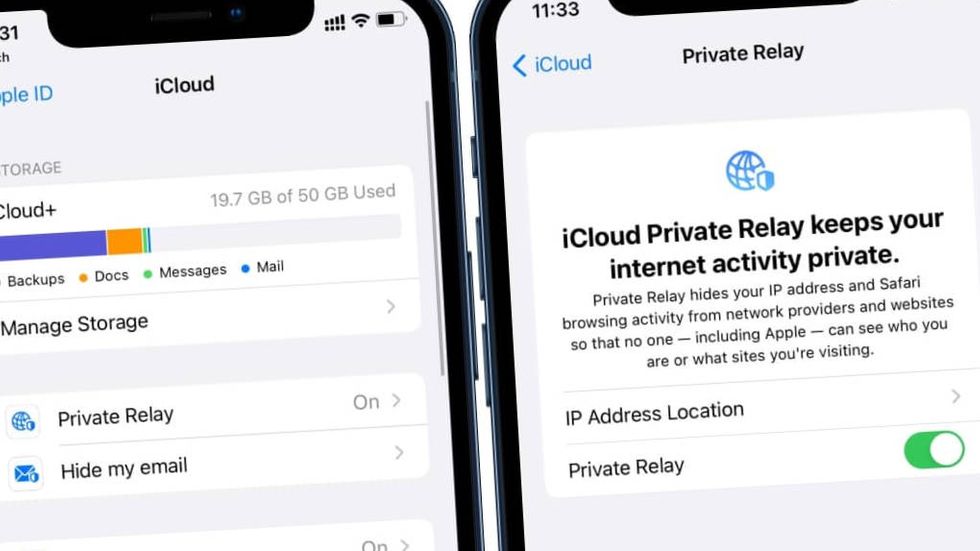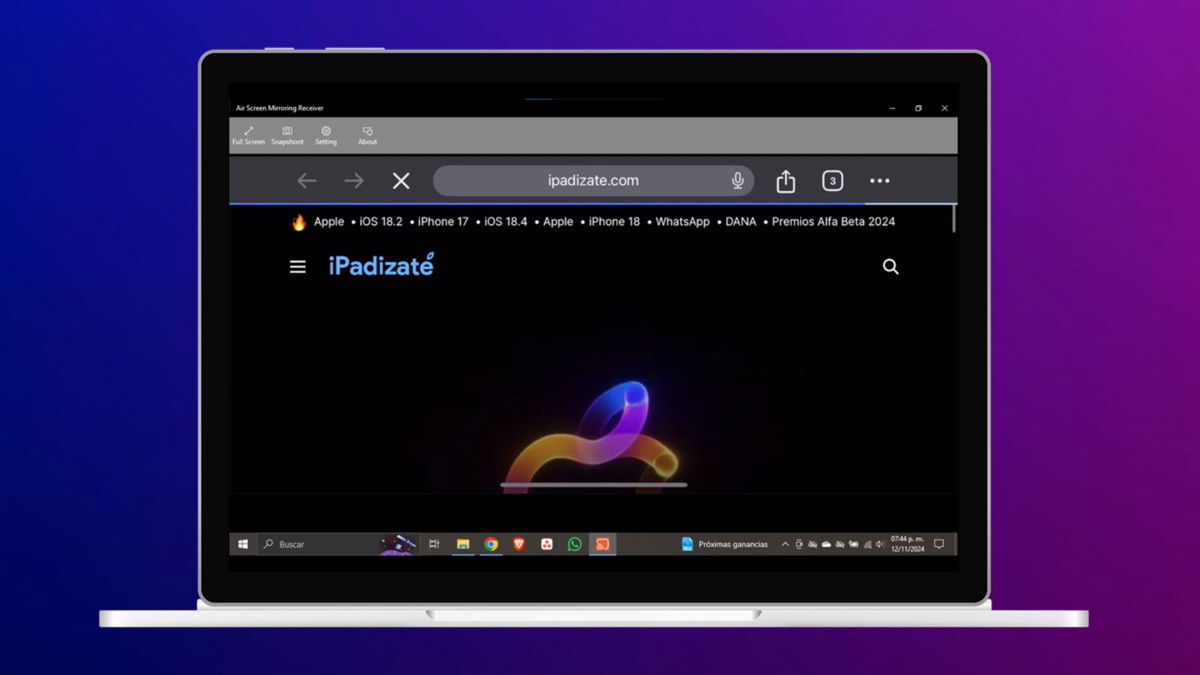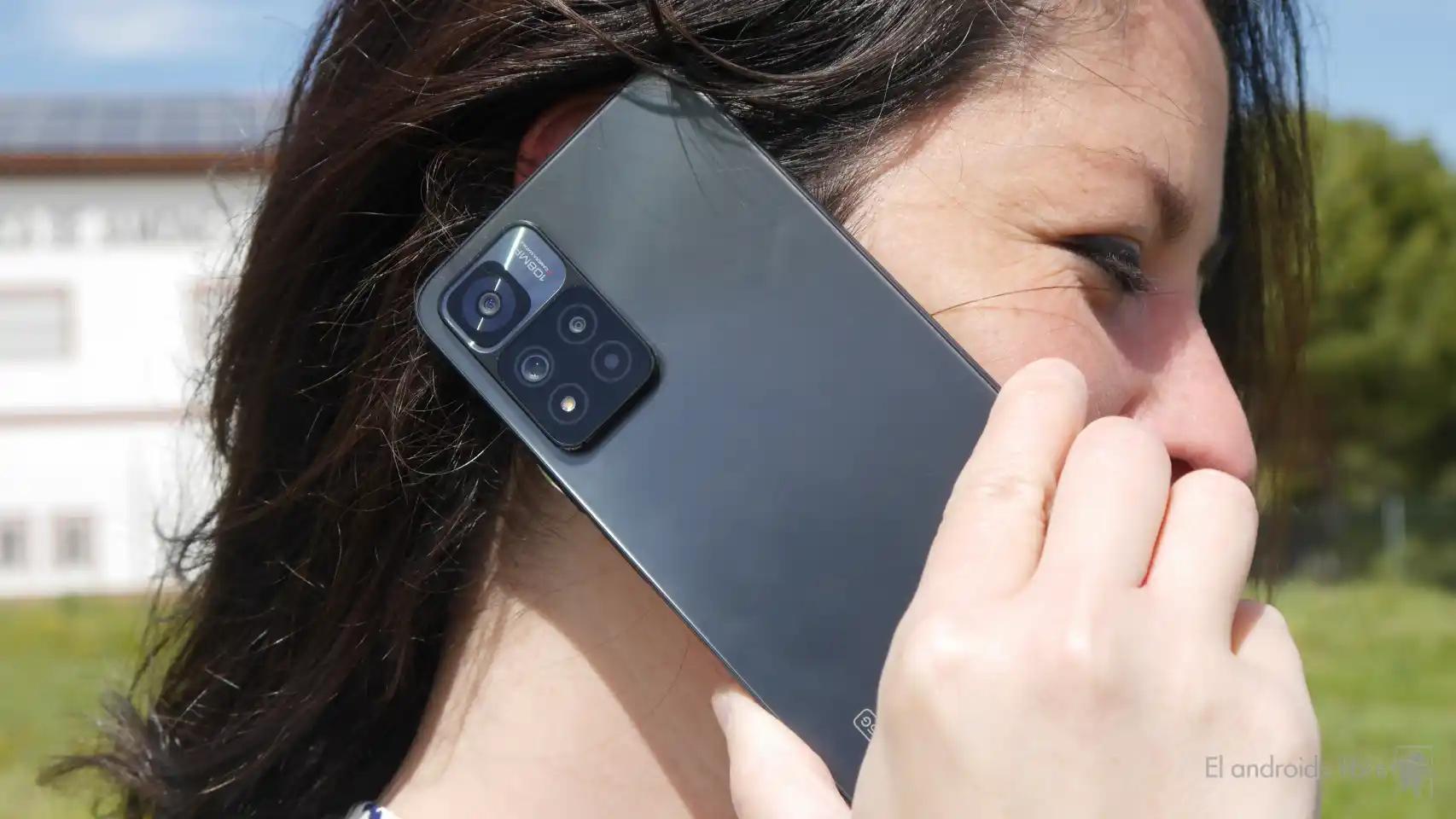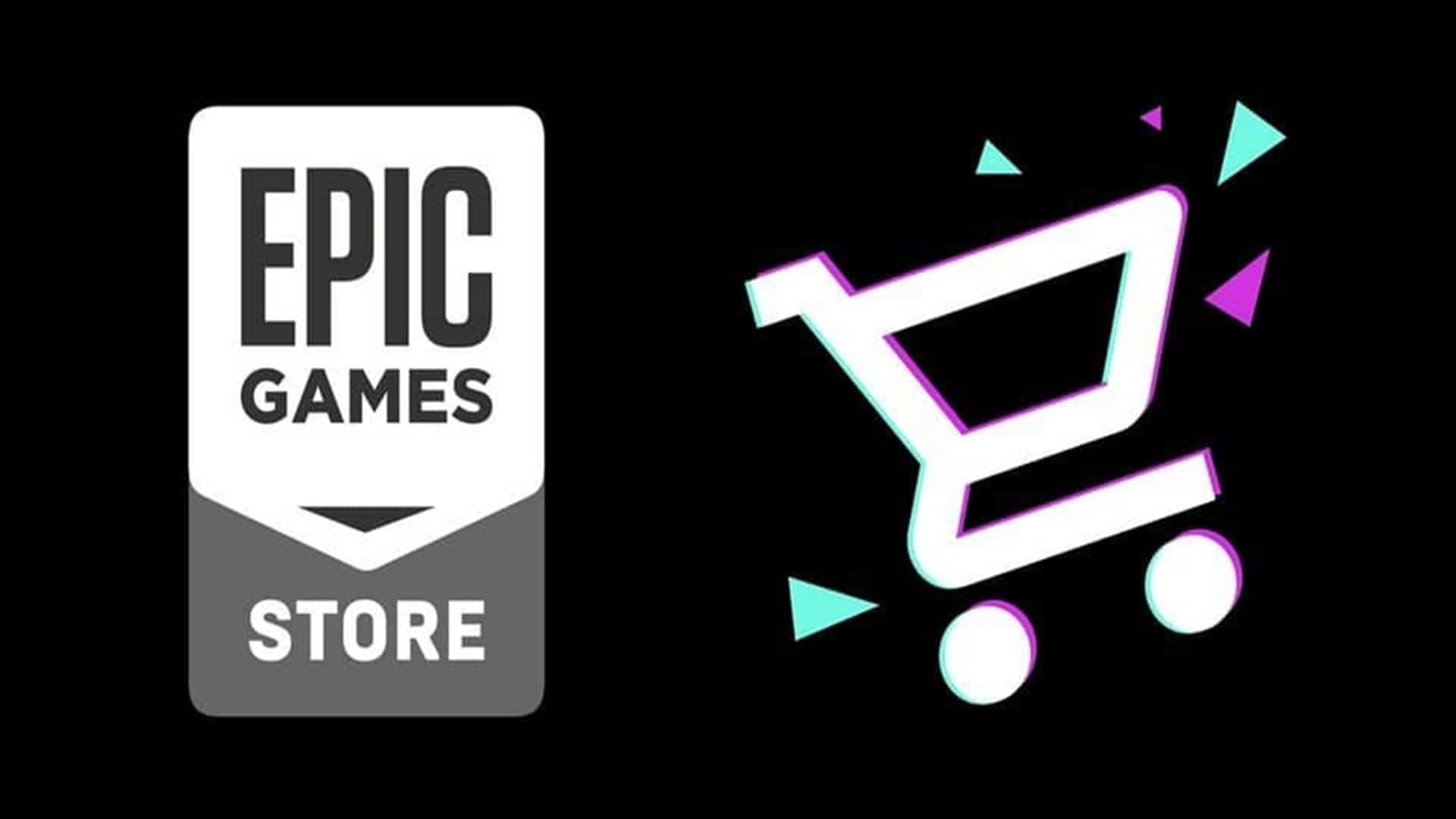VPNs are designed to protect your identity, location, and data when using the web, but is it something you should use on your iPhone or iPad? We take a look at what VPNs offer and whether they’re safe to use on your iPhone or iPad.
Why use a VPN on an iPhone
VPN stands for Virtual Private Network, which is a pretty decent description of what these products aim to do. Basically, the software creates a secure connection over the Internet through which all your data is transmitted to the server at the other end. This is achieved through encryption, which prevents hackers and malware from reading your data or determining your location.
Normally, when you are online, the information you send from your computer to a website is not encrypted. This shouldn’t be a problem on a secure home or office network, but if you join a public Wi-Fi network, such as in a cafe or hotel, spies could intercept and view your data. A VPN will protect you by encrypting your data as you move around the web, which is especially important if you deal with sensitive information such as medical records, credit card details or online banking.
VPNs also hide your location, preventing sites from precisely tracking you, which can be useful if you want to access region-locked content on streaming services. This is possible because the service can be tricked into thinking you are in a different country than you actually are. For example, if you live in the United Kingdom and want to catch the latest episode of Dr Who during your stay. On vacation in the United States, but you’re not allowed to access BBC iPlayer because you’re out of the country, you can launch a VPN and use it to pretend to be back in the old country to bypass the geographical restriction.
For a more detailed look at what these software services can do for you, read our Do I need a VPN on my Mac or iPhone guide. We also write separately about the security of a VPN for Mac.
Does Apple have its own VPN?
Although Apple doesn’t have a direct VPN, it does offer something similar in the form of its iCloud+ Private Relay. Introduced with iOS 15/iPadOS 15, this service offers some of the basics of a typical VPN, but doesn’t offer as many benefits.
The most obvious downside is that it only works with Safari. If that’s the only browser you use, then you’re fine, but if you prefer to use Chrome, Edge, or one of the many other browsers available, iCloud+ Private Relay won’t protect you.
Another problem is that third-party sites may recognize iCloud+ Private Relay as a “proxy server,” something VPNs are better at hiding. Why is this important? Because sites can block your access if they detect that you are not on a standard connection.
Finally, and most importantly for some people, Apple’s offering cannot display your location as in a different country than the one you are currently in. It is therefore not possible to bypass region locks for content streaming or other similar activities.
You can learn more about what Apple’s service has to offer in our iCloud+ Private Relay guide.

Foundry
Is it legal to use a VPN on an iPhone or iPad?
There is nothing illegal about using a VPN to keep your data private online. You could be breaking laws if you hide your location in order to access region-locked content. For example, watching BBC iPlayer from outside the UK is against the site’s terms and agreements. Additionally, you need a TV license to watch the content, which you can’t get if you live outside the UK.
Netflix doesn’t seem to be very active in tracking down those who use a VPN to watch the service’s content in other regions, but that doesn’t mean you’re allowed to do so. If the company decides to enforce its own rules, your account could be closed.
In some politically unstable countries, you could also find yourself in trouble if you hide your data from authorities. But to be honest, you probably wouldn’t be able to read this site if that were your situation.
VPNs are perfectly acceptable and legal, but what you do with them might not be.
Are VPNs safe to use on an iPhone or iPad?
VPNs can be useful tools to protect yourself online. We recommend a VPN if you frequently use your device on a public Wi-Fi network, as this connection could be easily hacked to allow bad people to steal your data.
Note that a paid solution is probably safer than choosing one of the free VPNs. While many free services may be reputable, we have seen reports in the past that these VPNs are harvesting user data and aggregating it to sell to advertisers. This is precisely the sort of thing a VPN is supposed to prevent, so it’s not good.
If you want security, it makes sense that you should pay for it. Luckily, many of the top providers like Surfshark and NordVPN regularly run promotions offering discounts on their services. You can also check out our roundup of the best VPNs for iPhone/iPad and the best VPN deals to see what’s on offer.
For a step-by-step guide on securing your iPhone, read our How to Use a VPN on an iPhone or iPad guide.
Does a VPN slow down your Wi-Fi speeds?
There’s a good chance you’ll notice a drop in speed when using a VPN online. Obviously, as there are more processes involved than on a standard connection, including the additional work of encrypting and decrypting data adds time to each exchange. As is often the case, security impacts convenience. With this in mind, it’s probably a good idea to only enable the VPN when you want to use things like internet banking or anything else that might use sensitive data. If you’re only on Facebook or searching for books on Amazon, you don’t really need additional layers of security.
Does a VPN affect battery life?
Again, with the VPN making your iPhone work a little harder, you might see the battery drain faster than normal. This shouldn’t be excessive though, and if you follow the above principle of only using it when interacting with data you really want to keep private, the effects will likely be minimal. Security certainly comes with some costs, but in many cases you’d be happy to pay them if they prevent the worst from happening.
Table of Contents








